"Edudemic has covered game-based learning and gamification in the classroom on numerous occasions in the past. When learning becomes a game, it’s an enjoyable, effective experience for students and teachers alike. We’ve curated 23 of the best game-based education resources for 2014. If your class hasn’t gotten its game on yet, then now is the time."
Get Started for FREE
Sign up with Facebook Sign up with X
I don't have a Facebook or a X account
 Your new post is loading... Your new post is loading...
 Your new post is loading... Your new post is loading...

MLC Junior School Hub's curator insight,
December 2, 2014 3:28 AM
Everyone is afraid of something. However, we need to encourage our students not to fear failure, but embrace it as a natural part of the learning process. One area where failure is naturally integrated is games-based learning where progress is built on the concept of experimentation - failure and adaptation.
Nancy Jones's curator insight,
February 17, 2013 10:48 AM
There is a lot to be said for teaching the whole student by making sure these skills are developed and encouraged as an equally important part of 21st century learning. 
Hilda Cáceres's curator insight,
February 20, 2013 1:12 PM
´Destaca que la construcción de habilidades sociales y emocionales asegura mayores resultados académicos y personales 
Dreamcatchers India's curator insight,
February 25, 2013 2:21 AM
Are you interested in designing e-learning and video based games for children and youth in India that impact social emotional learning. Get in touch with us at Dreamcatchers so that we can work together.
The following article outlines the gains from social emotional learning and the use of video games as is being discovered in the West.
|

Becky Roehrs's curator insight,
November 19, 2014 8:08 AM
Over 30 pages of ideas of how to pick and use games with your students.
Nancy Jones's curator insight,
June 19, 2013 10:03 AM
I strongly believe this is a valuable tool for certain types of learning. 
Ryan McDonough's curator insight,
July 7, 2014 8:02 AM
Providing the pros and cons of game-based-learning, they portray gaming in a positive light. The value of gaming is stated throughout, pinpointing engagement factors and citing statistics to back up their claims. As an avid gamer myself, I don't need stats to prove anything. I know how addicting they can be. If kids can learn when they don't even realize they're learning, it is referred to as "hidden learning". That's the key. If games like Portal can be played without kids thinkng they're educational games, then that's good news for parents and educators alike. The fact of the matter is Portal is a very challenging puzzle game that requires careful planning and attention to move up levels.

Darren Smith's curator insight,
March 14, 2013 12:04 AM
Love this. professional Learning Teams can benefit from this.
Nancy Jones's comment,
March 14, 2013 11:53 AM
Love it. Thanks, as always , for sharing all this great stuff:)
Amanda's curator insight,
July 1, 2013 4:21 PM
While studying for an exam is important the more fun we make it the more likely kids are to actually try to study. |





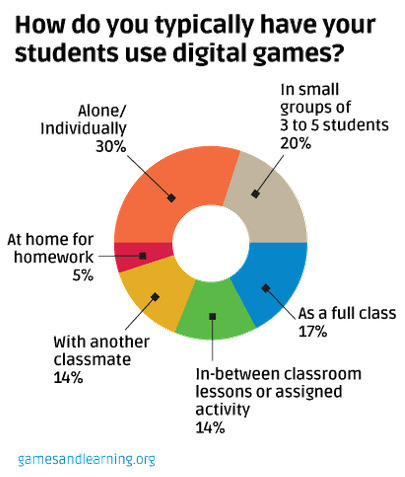


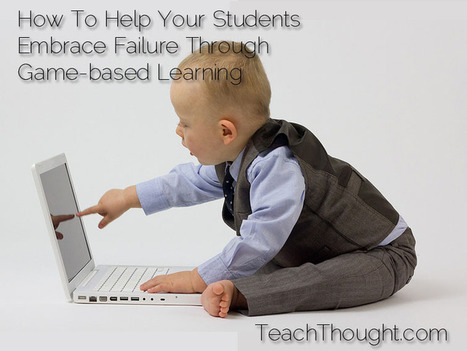

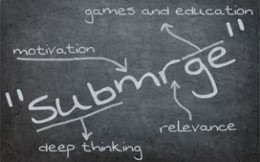

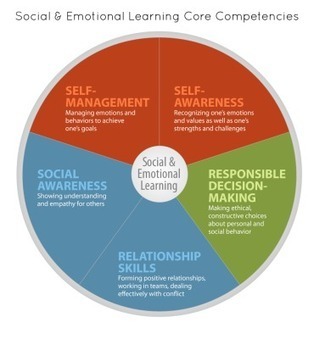



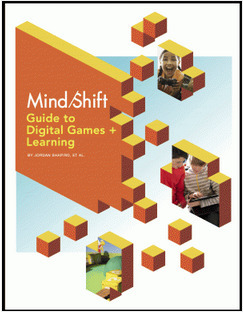

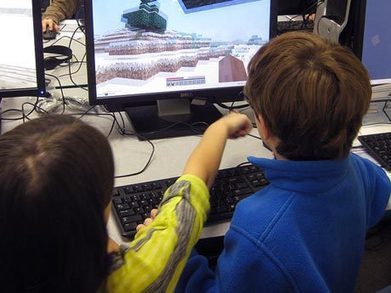





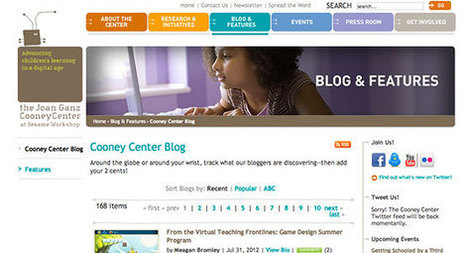
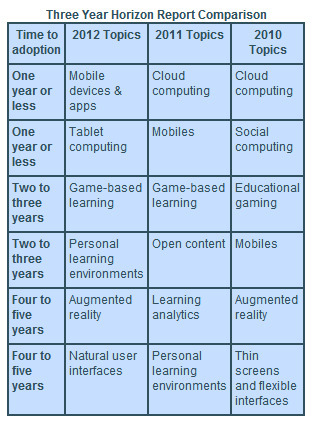






Game-based learning...has it come to your classroom yet? This post provides 23 great resources on game-based learning. The material is divided into the following sections:
* Understanding game-based learning: Is game-based learning effective, or is it frivolous? Learn more about it with the links provided in this section.
* Resources for getting started: Some great introductory resources to help you get started.
* Tools you can use: Find hands-on games and gaming ideas in this section.
* For teachers who design their own games: Well, you may not be in this place yet, but perhaps down the road. Find hints to help you plan out your games.
* Game-based education in the news: Learn more about what is going on from the resources provided here.
* Other resources: Additional resources on games and gamification.
Students like to play games, and when the "fail" in a game they tend to go back and try it again because they want to win. There are some amazing games available that are free. This post provides a range of resources that may help you make the leap to trying an online game with your students, or designing a game. You may be quite pleased with the outcome.